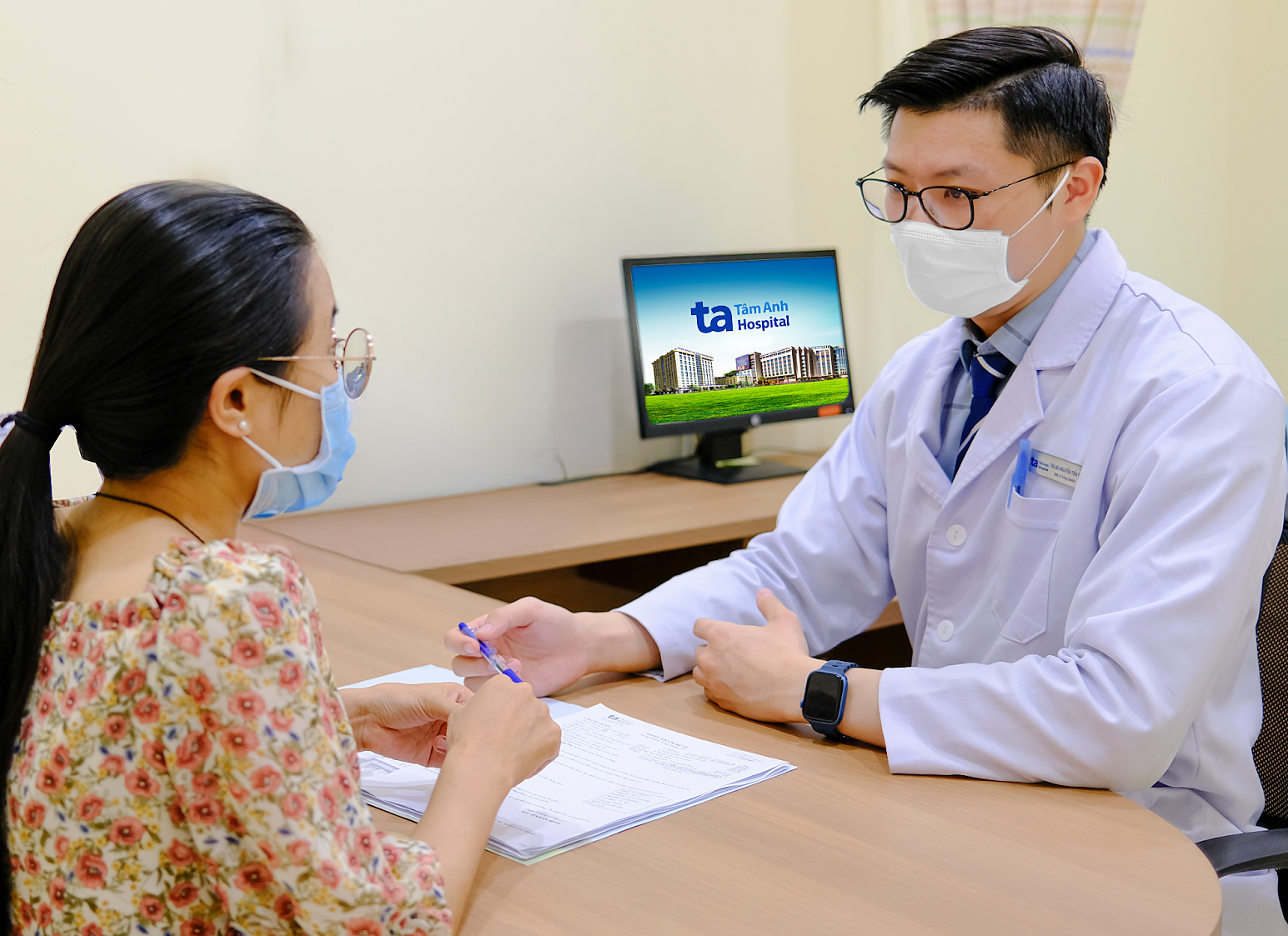Chemotherapy uses chemical drugs to destroy and prevent the growth of cancer cells, limiting metastasis. These drugs can affect both malignant and healthy cells, causing side effects like fatigue, weakness, nausea, hair loss, loss of taste, anemia, and bleeding.
Dr. Nguyen Tien Si, an oncologist at Tam Anh General Hospital in Ho Chi Minh City, offers advice on minimizing these side effects.
A balanced diet is crucial for maintaining energy and overall health during chemotherapy. Patients should prioritize a variety of foods, including fruits, vegetables, whole grains, lean protein, and healthy fats. Smaller, more frequent meals can help reduce nausea. Soft, easily digestible foods are also recommended. Avoid spicy, hot, or greasy foods that can exacerbate symptoms like sore throat and indigestion, which can be side effects of chemotherapy.
Staying hydrated is also essential. Drink about 2 liters of water daily (adjusting based on individual weight and health conditions), without waiting until thirsty, to maintain bodily fluids and support kidney function.
 |
Dr. Si consults with a patient. Illustrative photo: Tam Anh General Hospital |
Dr. Si consults with a patient. Illustrative photo: Tam Anh General Hospital
Adequate rest and appropriate exercise play a vital role in managing side effects. Aim for 7-8 hours of sleep per night and a 20-30 minute midday rest to reduce fatigue without disrupting nighttime sleep. Avoid strenuous physical activity, favoring activities like meditation and deep breathing for relaxation.
Dr. Si recommends light exercise such as walking, swimming, cycling, or yoga for at least 30 minutes daily to improve circulation and reduce fatigue. Patients should consult their doctor for an exercise plan tailored to their health status.
Psychological counseling can help manage stress and anxiety. Joining cancer support groups offers valuable connections and practical advice from fellow patients, benefiting overall well-being and mental health. It's crucial to adhere to treatment plans and attend regular follow-up appointments. Seek medical attention promptly if any unusual symptoms arise.
Bao Tram
| Readers can submit questions about cancer here for doctor's answers. |












